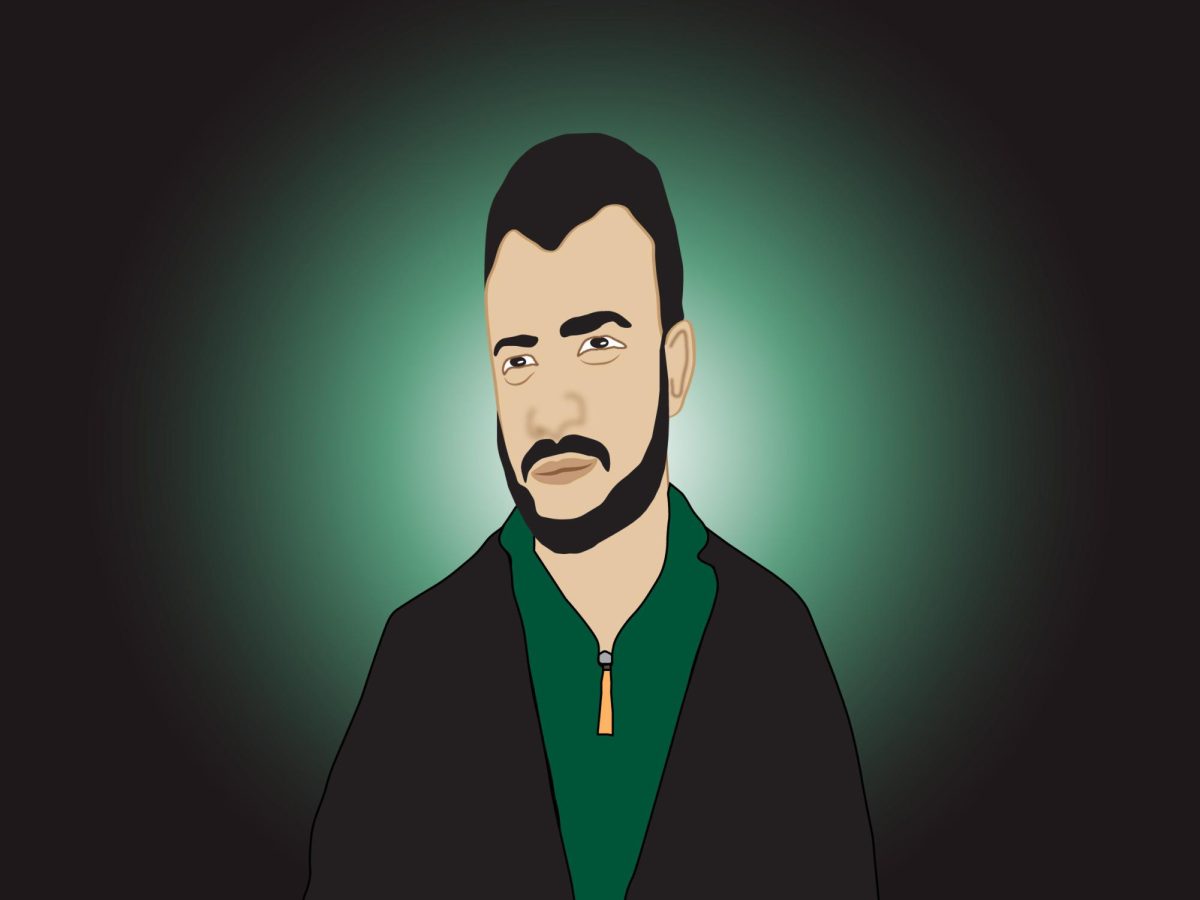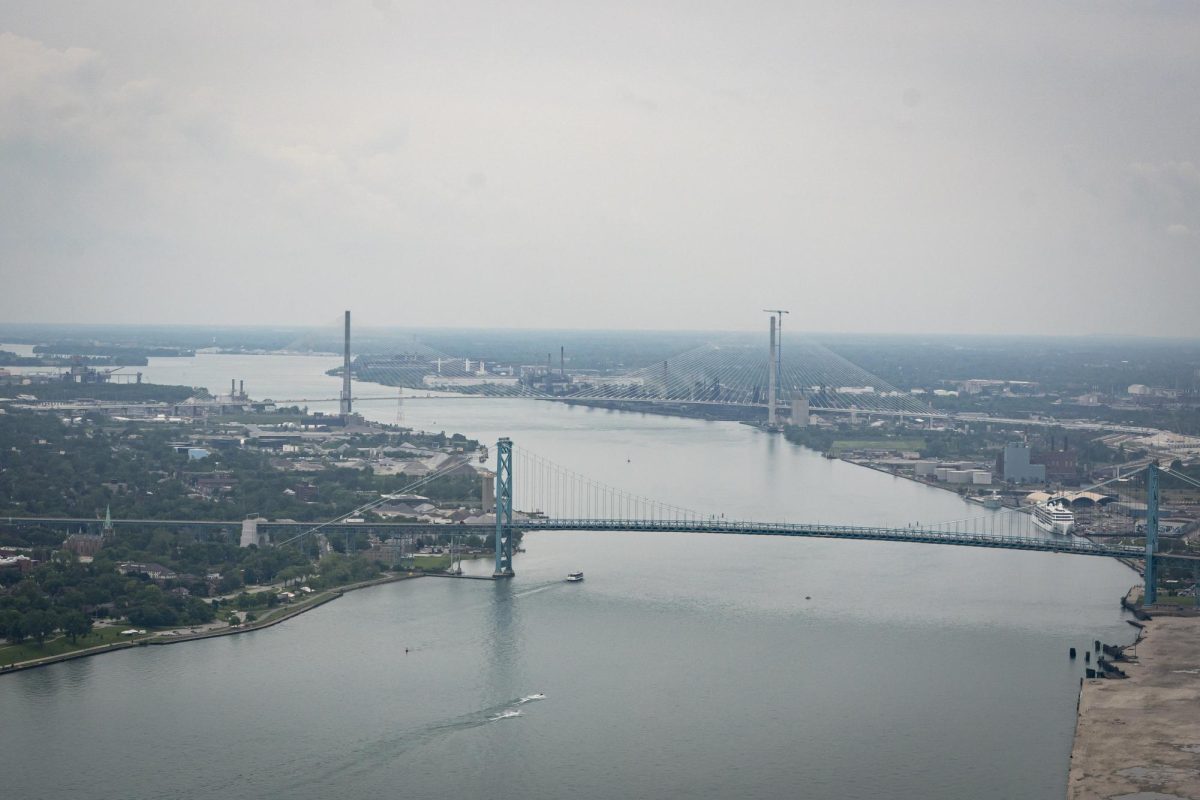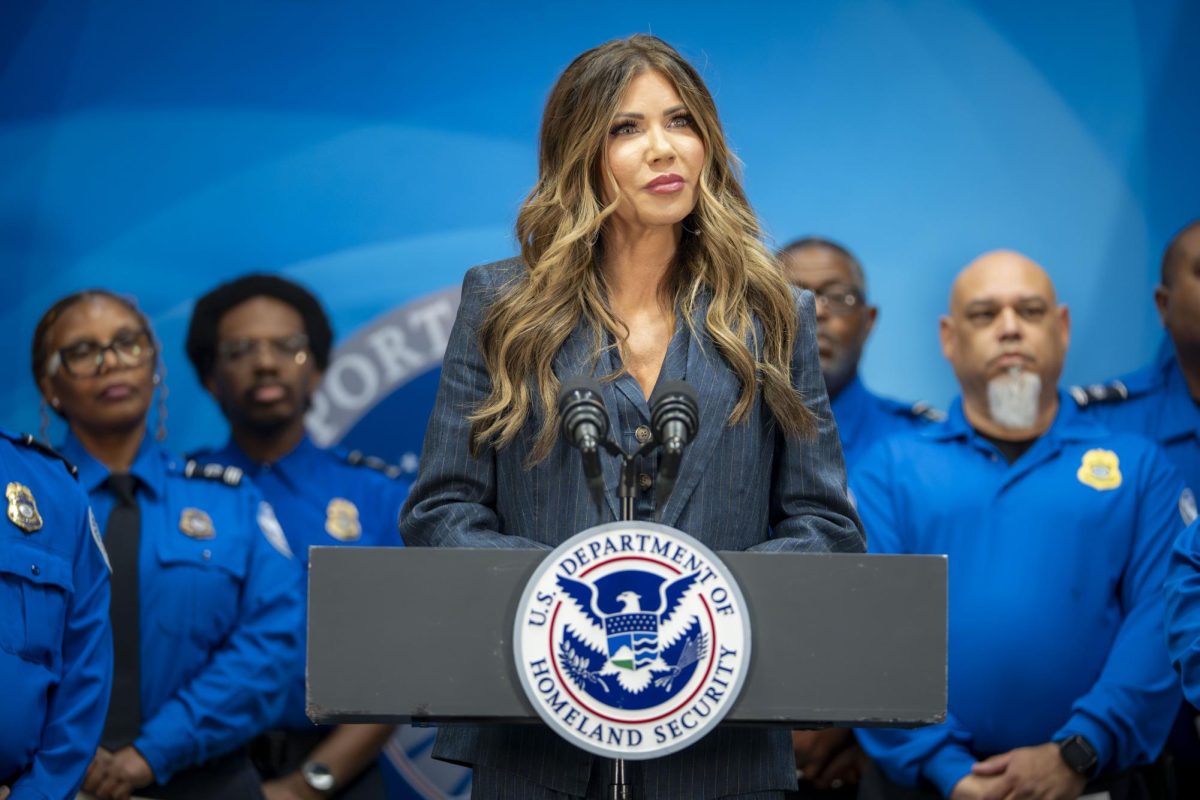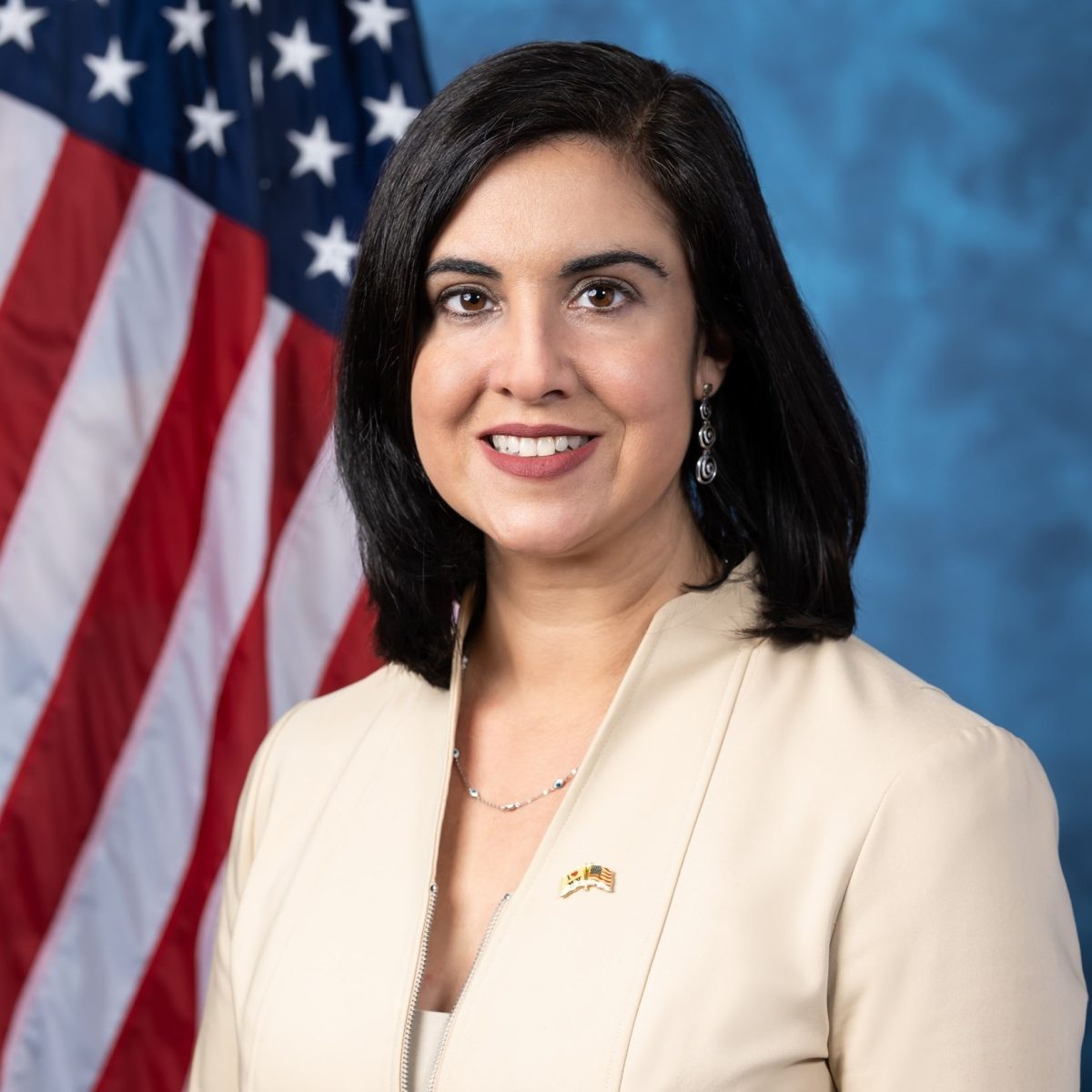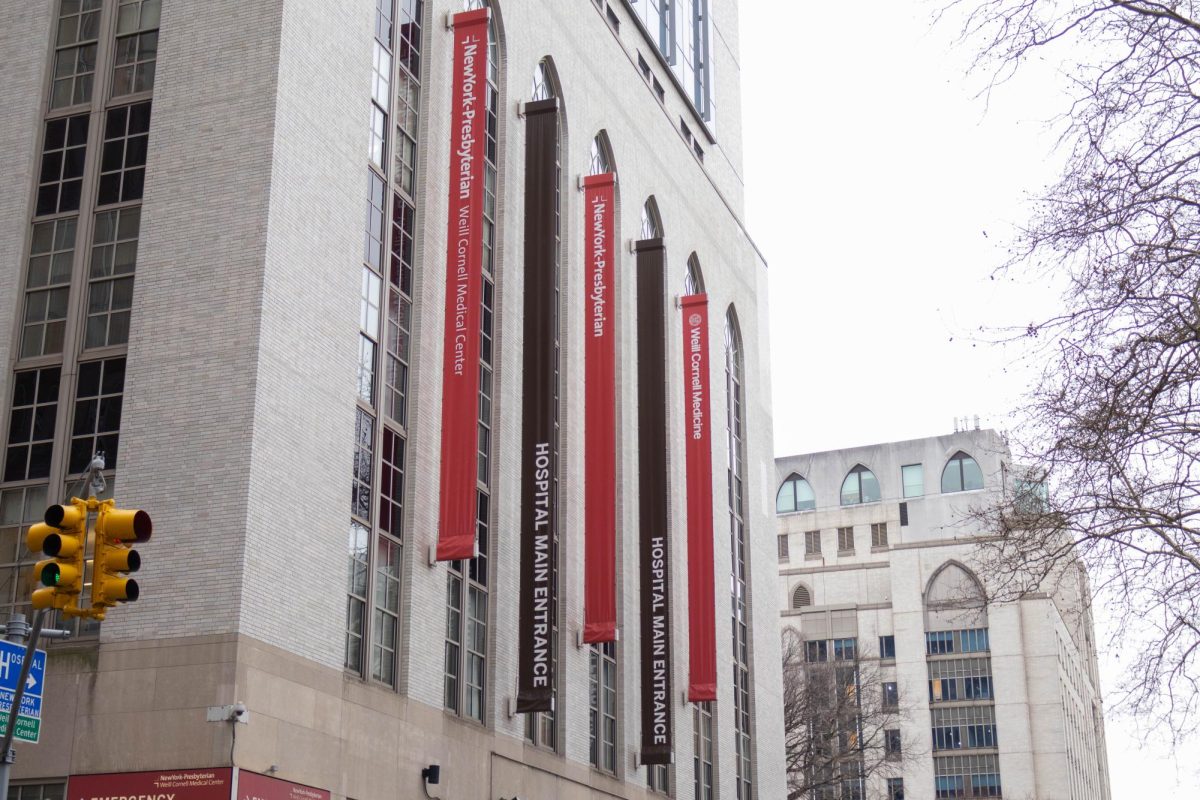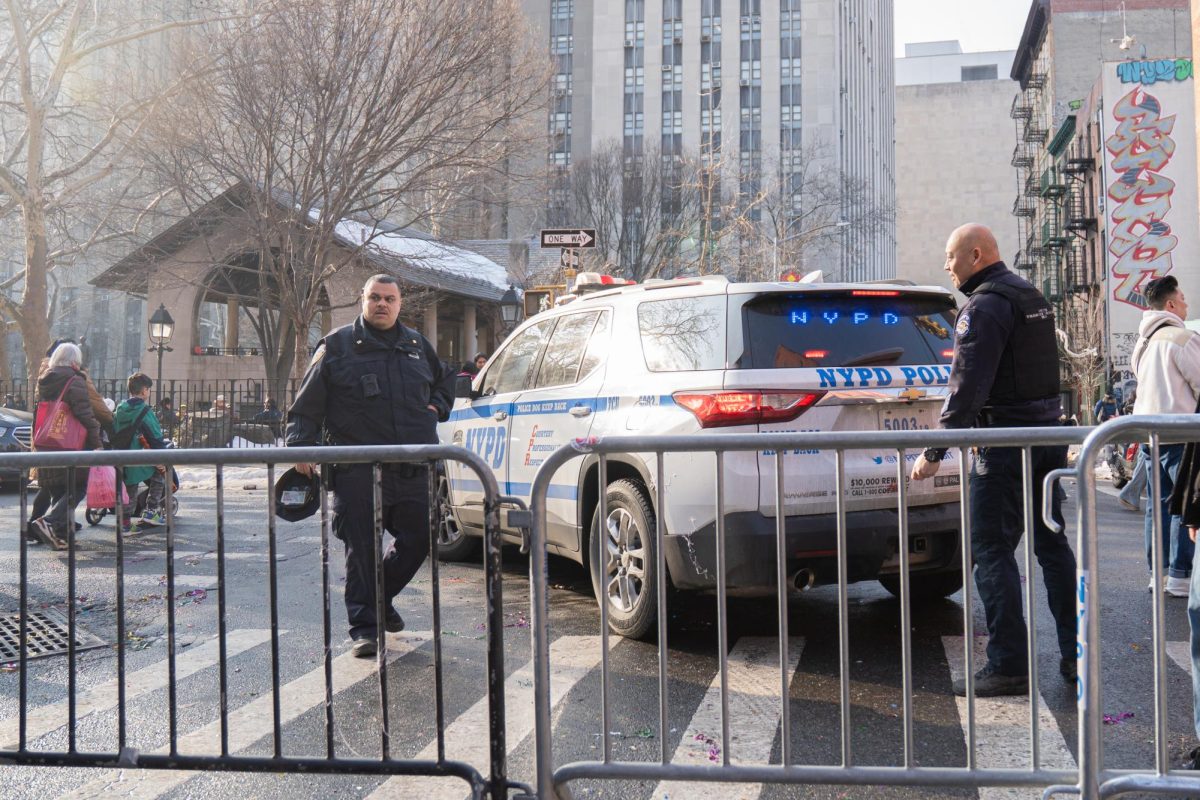Mahmoud Khalil, a 29-year-old Columbia University graduate student, was detained by four U.S. Immigration Customs and Enforcement agents at his Columbia apartment on March 8.
Following a pro-Palestinian protest alongside Jewish Voice for Peace and as part of Columbia’s Palestinian Encampment, Noor Abdalla, Khalil’s wife, explained that they were returning home from an Iftar dinner for Ramadan when they were followed into their Upper West Side building by two ICE officers.
One of the officers asked Khalil to confirm his identity while explaining that he must go with them.
After giving Abdalla the apartment keys, Khalil instructed her to go get his green card to confirm his legal permanent residence in the United States. However, the agents told Khalil that his status had been revoked by the State Department.
Officers also briefly informed Khalil’s attorney Amy Greer that his student visa had been revoked under Section 237 (a)(4)(C), formerly known as 8 U.S.C. Section 1227(a)(4)(c)(i), of the Immigration and Nationality Act of 1952.
A day before his arrest on March 7, Khalil emailed Columbia, asking it to intervene, as he felt that ICE would soon be coming for him.
Officers detained Khalil after ongoing accusations of disturbing Columbia students while classes were in session and harassing Jewish-American students.
Khalil was transported to 26 Federal Plaza in lower Manhattan, then to an immigration detention facility in Elizabeth, N.J. on March 8.
After waiting for processing, Khalil was told that he was being transported again.
When he asked if he would be returning to 26 Federal Plaza, agents told him that they were going to John F. Kennedy International Airport.
As of March 10, Khalil is being held in a detention center in Jena, L.A., one of the largest immigration detention facilities in the United States known for its abuse of detainees.
Khalil’s legal team, including Greer and others, filed a habeas petition and complaint with the federal court in the Southern District of New York.
They argued that his detention violated his constitutional rights.
Because Khalil is being held in Louisiana, which falls under the Alexandria division of the U.S. District Court for the western district of Louisiana, the government may argue that New York courts lack jurisdiction over Khalil’s petition — though Khalil’s lawyers claimed they filed before he was transferred to Louisiana.
General rules for habeas petitions challenging present physical confinement rest in the district of confinement.
To combat antisemitism, President Donald Trump signed and reinforced Executive Order 13899 on Jan. 29 detailing, “It shall be the policy of the United States to combat antisemitism vigorously, using all available and appropriate legal tools, to prosecute, remove, or otherwise hold to account the perpetrators of unlawful antisemitic harassment and violence.”
Columbia’s mission statement emphasizes that the university “seeks to attract a diverse and international faculty, staff, and a student body, to support research and teaching on global issues, and to create academic relationships with many countries and regions.”
Notice for removal proceedings detail that Khalil’s presence or activities in the United States would have serious adverse foreign policy consequences for the United States.
Khalil is a soon-to-be father who was raised in Syria and is of Palestinian descent.
He held Algerian citizenship in Palestine and is a permanent legal resident of the United States.
Khalil’s wife describes him as a leader who is committed to his community by organizing peaceful protests among his constituents.
Khalil and Abdalla’s friends and colleagues, including doctors, professors and Columbia alumni continue to adjudicate Mahmoud Khalil’s presence in the United States as a respectable, law-abiding citizen.


